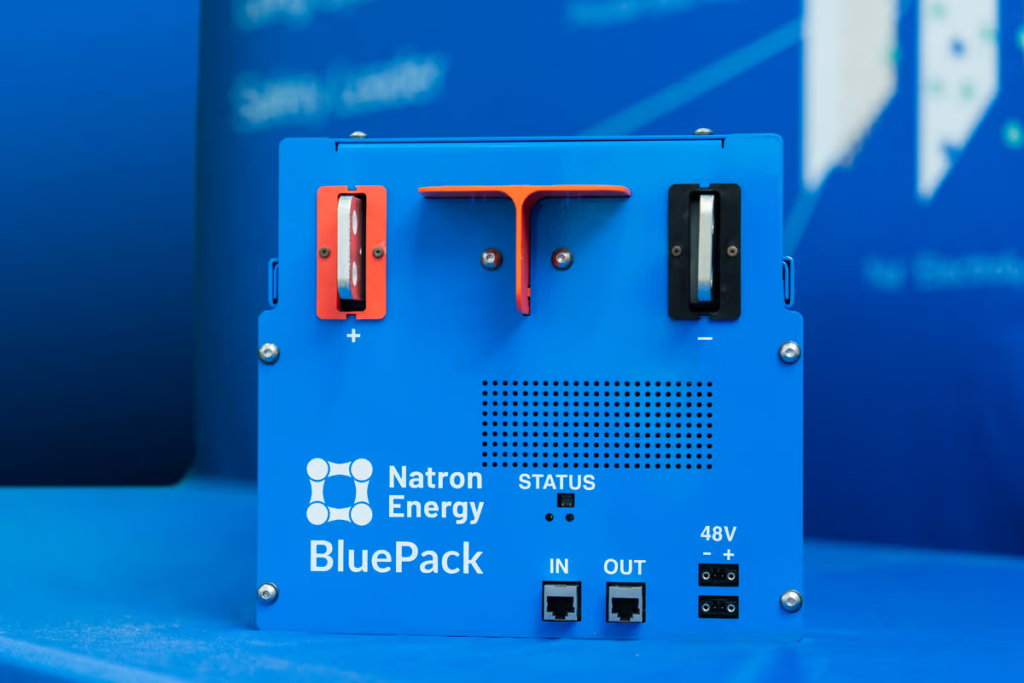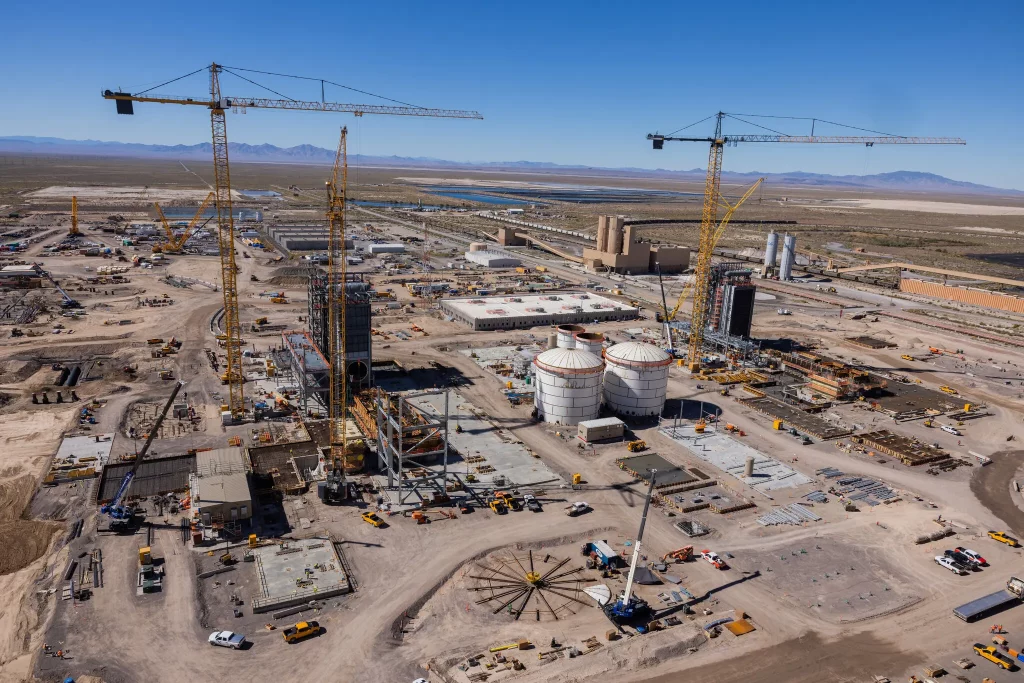
Imagine if your car could charge up while you’re cruising down the motorway. Well, that’s exactly what some clever folks at Purdue University are testing out. They’ve developed this cool tech that lets electric vehicles charge up as they drive. How awesome is that?
Here’s the deal: right now, electric vehicle batteries are pretty big because people worry about running out of juice on long journeys. But with this new technology, drivers wouldn’t need such massive batteries. That means shorter charging times, lower costs, and less environmental impact. Win-win!
And it’s not just regular cars that could benefit. Those huge 18-wheeler trucks that haul goods across the country? Yep, they could use this tech too. See, long charging times are a big problem for them, but with wireless charging roads, that could change.
Here’s how it works: underneath the asphalt or concrete, there’s a special coil that sends energy from the grid to a receiver on the vehicle. It’s kind of like how your phone charges wirelessly, but on a much bigger scale.
Steve Pekarek, an electrical and computer engineering professor at Purdue University, explains it best: “Here, it’s very similar, except the power levels are much, much greater.”
So, as the electric vehicle drives, it gets juiced up, and the system keeps track of how much electricity it’s using. If this tech becomes permanent, drivers would only pay for the power they actually use. Pretty neat, huh?
Other places have tried similar things, like a street in downtown Detroit, but this is the first time it’s being tested on a highway. And what’s really cool? It works for both regular electric cars and those massive electric trucks.
The Purdue team has been hard at work developing this tech, making sure it works for all types of vehicles. They’ve even tested it out in labs and simulated heavy trucks driving over the road. Now, construction crews are getting ready to install it on a real highway stretch.
Once it’s up and running in May 2025, they’ll be testing it out with a special electric truck from Cummins. But here’s the thing: vehicles will need a special attachment for the charging to work, so your regular electric car won’t get a boost just by driving down the road.
The researchers will be keeping a close eye on how the road holds up over time and how efficient the system is. If all goes well, we could see more of these wireless highways popping up in the next few years. Exciting stuff, right?


